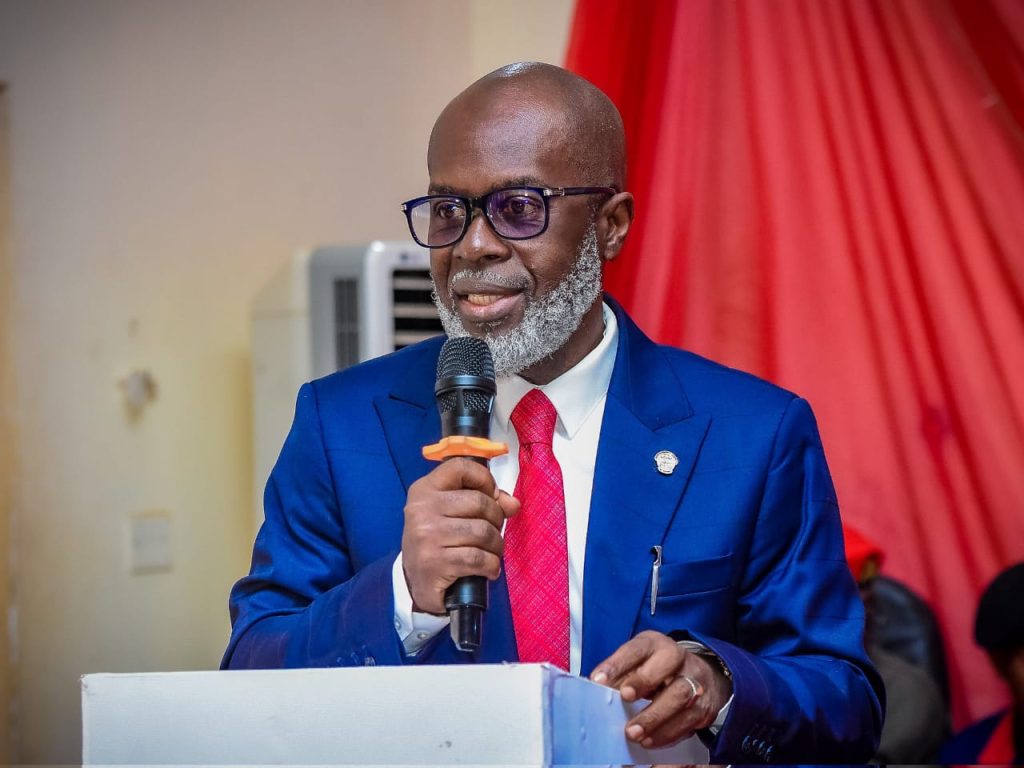The Commandant General of the Nigeria Security and Civil Defence Corps (NSCDC), Dr. Ahmed Abubakar Audi, has presented practicing licences to 93 newly approved Private Guard Companies (PGCs), warning that only firms committed to intelligence sharing and ethical conduct will be allowed to thrive under the Corps’ regulatory framework.
Speaking during the official presentation ceremony at the NSCDC National Headquarters in Abuja, Dr. Audi reiterated the Corps’ mandate to regulate, monitor, and supervise private security operations in Nigeria, in line with the Private Guard Companies Act. He emphasized that intelligence gathering by licensed firms is no longer optional but a critical national security duty, especially amid the country’s growing security threats such as banditry, kidnapping, oil theft, and terrorism.

“These companies must play an active role in our security ecosystem. As the first line of defence within communities, private guards are strategically positioned to observe, gather, and relay actionable intelligence to relevant authorities,” the NSCDC boss said.
According to him, private security practitioners must operate with the highest standards of discipline, confidentiality, and professionalism. He warned against any deviation from legal boundaries, including unauthorized use of firearms, employment of bouncers, or the assumption of VIP protection roles which are clearly outside the scope permitted by law.
In a firm tone, Dr. Audi disclosed that several erring companies had previously been sealed off for violations. “Last year, we shut down 92 companies over unethical practices. Out of these, only 24 were reinstated after undergoing corrective measures and demonstrating full compliance,” he revealed.
The NSCDC, under his leadership, has scaled up efforts to rid the industry of unqualified operators and reinforce integrity across the private security sector. He noted that the fresh batch of licensed companies emerged after a meticulous screening and background check process designed to eliminate quacks and safeguard the credibility of Nigeria’s internal security structure.
He further charged the newly licensed operators to prioritise the welfare of their personnel, warning that poor remuneration and inhumane working conditions could lead to low morale and security compromises. “The guards are the face of your firm and the first contact with the public. If they are poorly treated, it reflects not only in their performance but also poses a threat to national security,” he said.
Dr. Audi also used the occasion to remind all PGCs of the NSCDC’s readiness to enforce regulations, stating unequivocally that licences could be revoked at any time if companies fail to uphold the terms of engagement.
The presentation of licences comes as part of the NSCDC’s broader drive to integrate private security outfits into Nigeria’s formal security architecture, promoting synergy, intelligence exchange, and professionalism across the board.
With the security landscape in Nigeria evolving rapidly, experts have continued to call for better coordination among public and private stakeholders. The NSCDC’s licensing of 93 new firms signals a renewed commitment to partnership, professionalism, and the pursuit of national peace and stability.